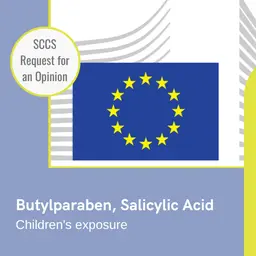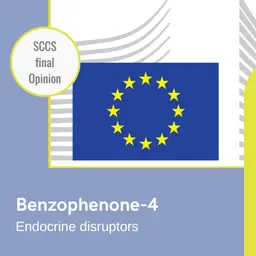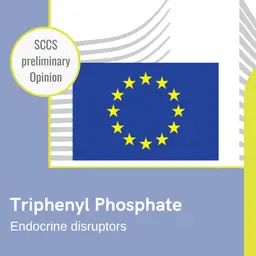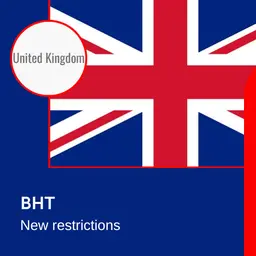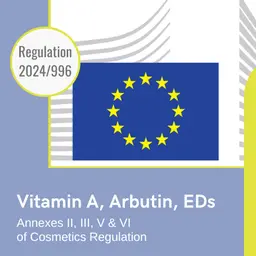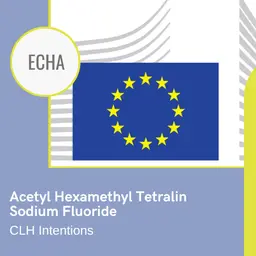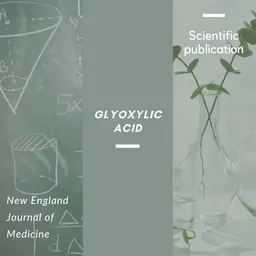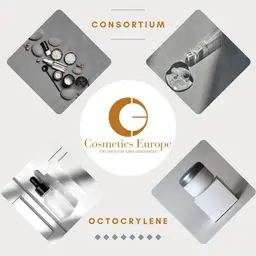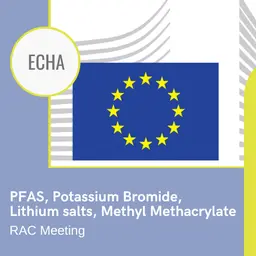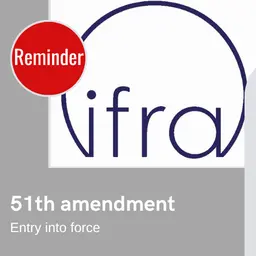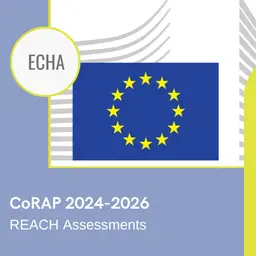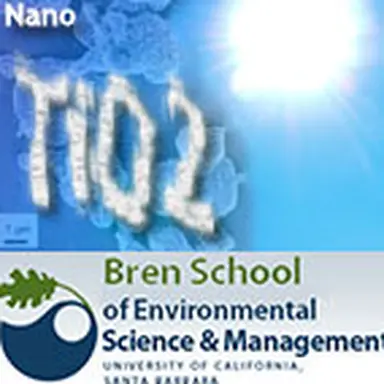
The majority of scientific studies on Titanium Dioxide nanoparticles, used in cosmetic products and especially in sunscreens, conclude that they remain on the surface of the epidermis and do not penetrate the skin barrier. A recent study found that natural sunlight enhances their disaggregation and penetration, which may have important consequences on epidermal cells and human health.
Bren School of Environmental Science & Management Release
Titanium Dioxide (TiO2) is the engineered nanomaterial (ENP) that appears most commonly in commercial products, including cosmetics and sunscreens, which are applied directly to the skin. Because nanoscale TiO2 has been shown to be toxic to some cells under some conditions, many research studies have been conducted to investigate whether nano TiO2 can penetrate the skin barrier and pose a potential threat to cells beneath it.
The majority of those studies have shown that topically applied TiO2 does not penetrate the outermost layer of skin. That’s because when ENPs are contained in liquids, small clusters of ENPs tend to aggregate, accumulating into larger clusters that are too large to pass through the skin. But a new paper published by members of Bren professor Arturo Keller’s lab suggests that exposure to sunlight can cause ENPs that are aggregated in liquid to break up into smaller clusters that can pass through the skin.
The paper, titled “Photoinduced Disaggregation of TiO2 Nanoparticles Enables Transdermal Penetration,” was lead-authored by Bren School PhD student Samuel Bennett; his co-authors were Professor Keller, former Keller student Dongxu Zhou (PhD 2012), and PhD student Randall Mielke. The paper was published …

